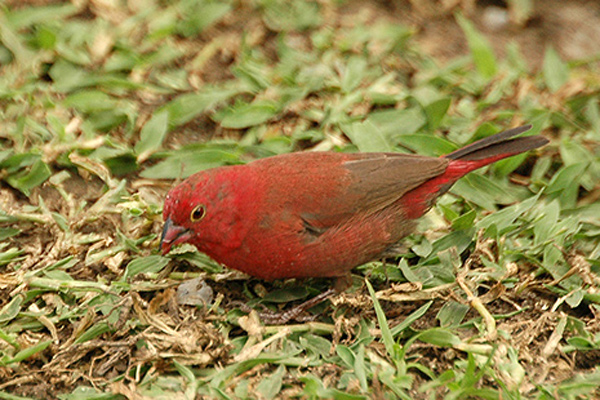 Parrots are complicated, social animals, and as such can be very confusing to owners. What is perceived as “bad” or “destructive” behavior has roots in millions of years of evolution. Understanding your parrot’s natural history – how it lives in the wild – is key to your pet’s welfare, and a rewarding relationship with it.
Parrots are complicated, social animals, and as such can be very confusing to owners. What is perceived as “bad” or “destructive” behavior has roots in millions of years of evolution. Understanding your parrot’s natural history – how it lives in the wild – is key to your pet’s welfare, and a rewarding relationship with it.
Understanding Your Bird’s “Wild Side”
Good parrot care begins with a thorough understanding of parrot natural history. Parrot ancestors arose 100 million years ago…your own intentions, however well-meaning, will never overpower the instincts that have evolved since then. This is a very important point to keep in mind – parrots are wild creatures, driven by instinct, and, even after many generations in captivity, are in no sense domesticated (i.e. as are dogs or sheep). They do have remarkable learning abilities that often enable them to modify their instinctual responses. However, when considering parrot care and training, it is paramount that their true natures be considered. Read More »
 That Bird Blog – Bird Care and History for Pet Birds
That Bird Blog – Bird Care and History for Pet Birds



